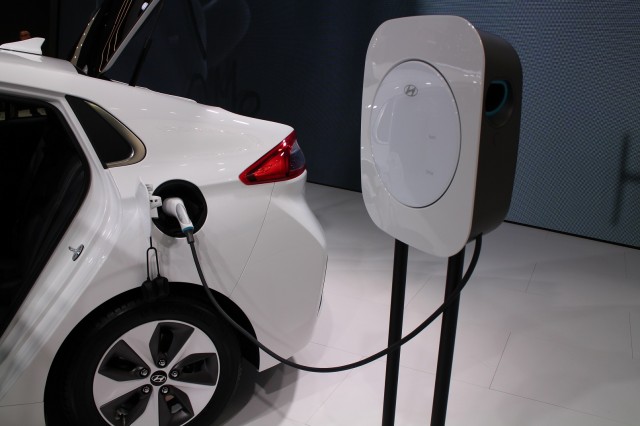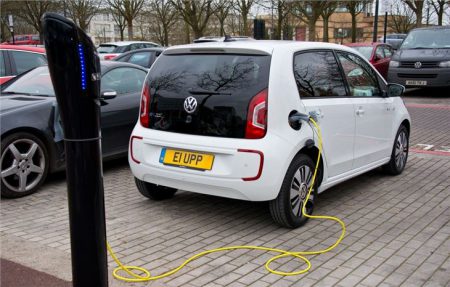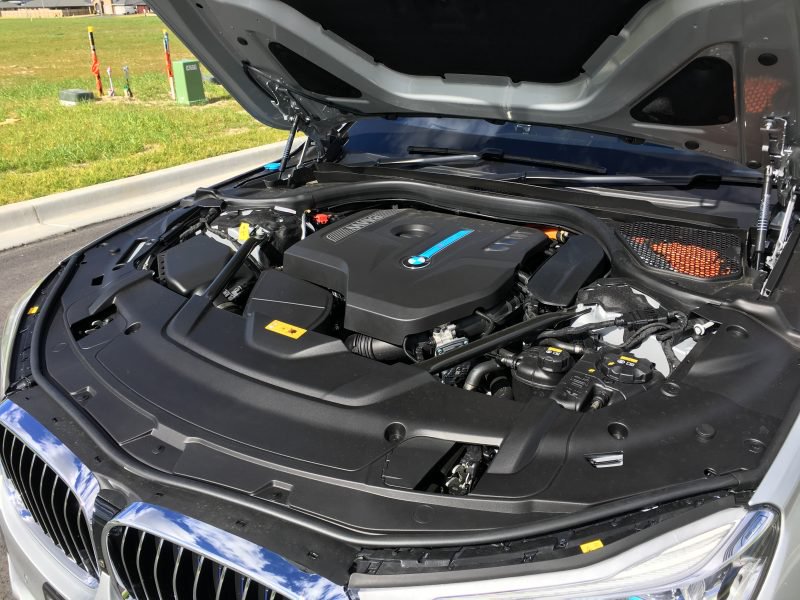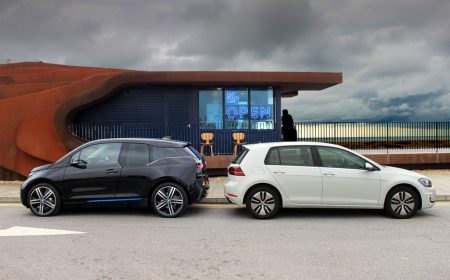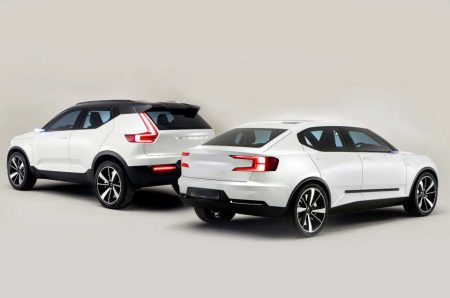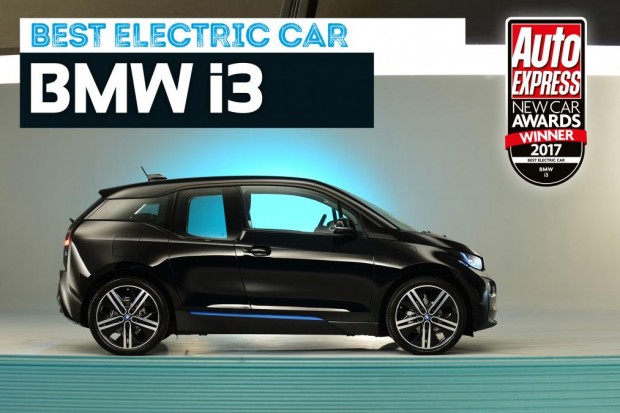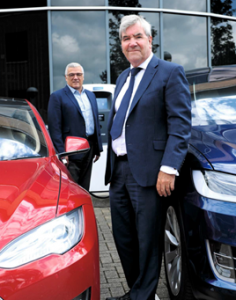In 1913, Henry Ford’s moving assembly line transformed carmaking. Ford’s groundbreaking innovation drastically reduced the time it took to assemble a car, enabling mass production and slashing vehicle prices.
More than a century later, carmaking is undergoing a similarly seismic shift. Only this time, Ford Motor Company (F) is scrambling to catch up, rather than leading the charge.
Electric vehicles represent a fundamental shift in the technologies and manufacturing processes that have turned Ford and rivals such as Toyota (TM) and Volkswagen into the biggest car companies on the planet.
Established automakers have been racing to adapt at an enormous financial cost, but are still miles behind Tesla (TSLA) and a crop of new Chinese competitors, including BYD and Xpeng (XPEV).
The world needs affordable EVs more than ever as electric cars will play a big role in hcelping countries cut planet-heating pollution. But can automakers in Europe and the United States — where governments are already planning to ban or limit the sale of new gas and diesel cars — deliver them?
“Ultimately, some of these car companies that have been the cornerstone of how we’ve thought about cars for the last 100 years will be a fraction of their size in future,” said Gene Munster, a managing partner at Deepwater Asset Management.
Read more: CNN
It’s Time to Go Green!
If you would like to know more about Solar Panels and the PowerBanx range of home battery systems, and get a free instant quote, please complete our online form:



